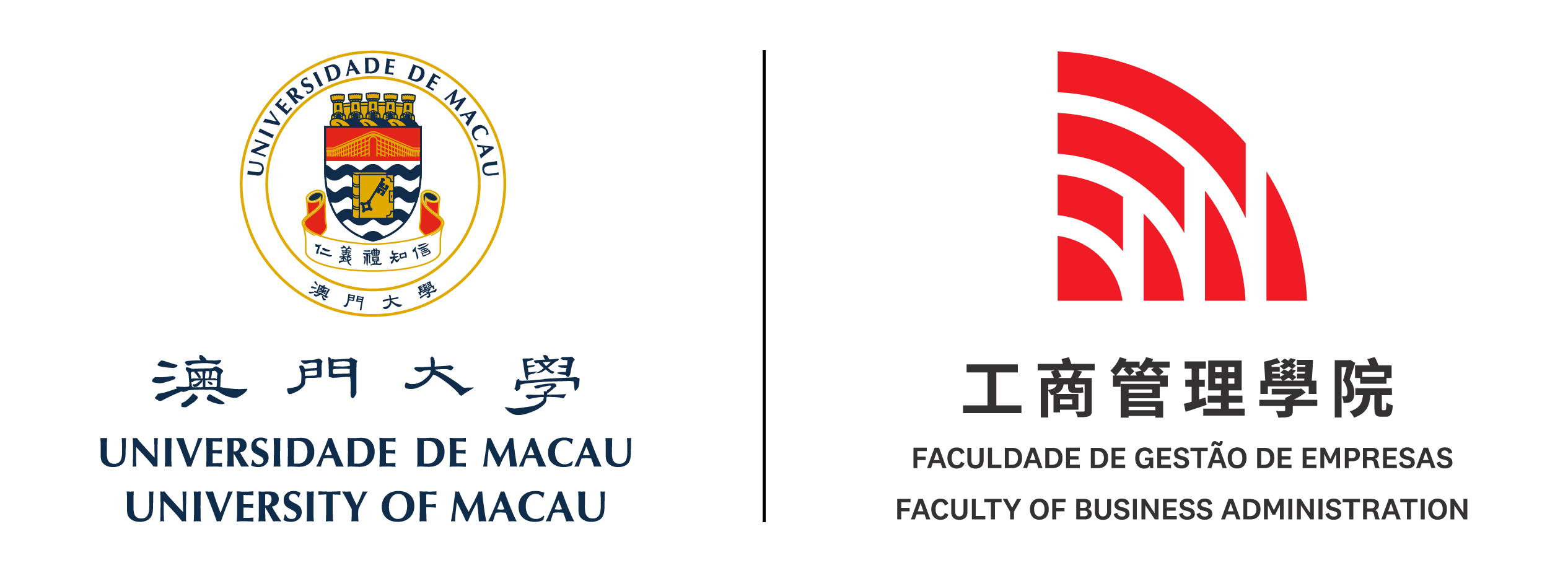Faculty of Business Administration
SEMINAR SERIES No. 03/1516
Finance
Chester A. Phillips Professor of Finance and Real Estate
Henry B. Tippie College of Business
The University Of Iowa, USA
This study investigates whether the unprecedented liquidity injected in the economy by the U.S Fed through unconventional monetary policy measure, popularly known as quantitative easing (QE), is a systematic factor that can explain the abnormally low U.S. housing starts of recent years. We use housing and mortgage markets data that should capture the liquidity induced by QE to construct four unobservable aggregate liquidity factors as key channels through which QE stimulus effects might have been transmitted to housing and mortgage markets. Using monthly MSA level data, we find that expected housing starts are related across time to fluctuations in the aggregate liquidity factors. Specifically, we find that housing starts liquidity betas, their sensitivities to liquidity shocks from QE transmitted through the aggregate liquidity factors significantly influence the level of U.S. investments in new single family housing between 2005 and 2012. However, we find evidence of heterogeneity in the responsiveness of housing starts to innovations in the aggregate liquidity factors in that market regimes with high levels of land use control (constrained markets) exhibit relatively muted sensitivities to shocks from the factors that emanate from QE. Remarkably, we also find that in the absence of GSE and FHA capital market activities that channel credit into housing market the contraction in housing starts would have been worse. Further, a build-up in single family homes-for-rent, shadow vacancy liquidity risk, exerts a down-ward pressure on investments in new single family housing.
Date: October 26, 2015 (Monday)
Time: 14:30~16:00
Venue: Faculty of Business Administration, E22-1011
A Short Biography of Prof. Sa-Aadu
Prof. Sa-Aadu currently holds the Chester A. Phillips Professor of Finance and Real Estate and is Professor of Finance in the Henry B. Tippie College of Business, the University of Iowa, USA. He received his Ph.D. in business administration from the University of Wisconsin, Madison. Over the course of his academic career he has also been on the faculty of the University of Florida and the Louisiana State University. At the international level he served as Visiting Professor of Real Estate Finance at the Hanken School of Business in Helsinki, Finland, Visiting Professor of Finance and Real Estate at City University of Hong Kong, Visiting Pr5ofessr of Finance at National Taiwan University, and currently Visiting Professor of Finance at the Kwame Nkrumah University of Science Technology, Ghana.
He teaches various finance and real estate courses including fixed income securities, international finance, managerial finance, real estate finance and investments, real estate process, structured finance, and real estate investment trusts (REITs) to MBA and undergraduate students. In 2006 he received both the University of Iowa Regents Award for Faculty Excellence and the Deans Teaching Award of the Henry B. Tippie College of Business. Professor Sa-Aadu also conducts customized workshops for corporations, consults for corporate clients, and undertakes international speaking engagements.
His research interests includes the study of financial economics issues such as mortgage choice, mortgage pricing, real estate asset pricing, portfolio management and asset allocation, aggregate liquidity and investments He is the author of three book chapters and numerous academic articles. On-going research projects include the study of Real Estate Investment Trust (REIT) financial leverage and stock volatility, auction outcomes, aggregate liquidity and investment performance, and effects of unconventional monetary policy on real economic activity. Between 1991 and 2003 he served in various official capacities in the American Real Estate and Urban Economics Association (AREUEA) including Director, 2nd Vice President, 1st Vice President and eventually President of the premier academic real estate organization.
From 2008 to 2013, Sa-Aadu served as Associate Dean of the Tippie School of Management (SOM). He successfully provided strategic leadership and budgetary oversight for five MBA programs (FTMBA, evening MBA, EMBA, Tippie Hong Kong MBA, and Tippie Europe MBA programs). Collectively, these programs generate about US$10 million in gross revenue annually. Additional highlights of his tenure includes development of a new business model for Tippie Hong Kong MBA, consolidation and streamlining of budgets for revenue generating programs, and upgrading and modernizing of classroom facilities for three evening MBA programs. Together, these innovations significantly increased enrollments putting these programs on more sustainable financial footings.
Before his associate deanship tenure he served as Chairman of the Finance Department from 1992-2004 where he collaborated with faculty and other stakeholders to transform the department into one of the best in the Tippie College of Business, both in terms of research and instructional productivities. He also participated in major initiatives that have enriched the educational experiences of students including the establishment of the Henry Fund (money management program for MBA students), Krause Fund (money management for undergraduate students), Hawkinson Institute of Business Finance (to prepare students for careers on Wall Street and other sectors of financial services industry), and the Vaughan Institute of Risk and Insurance.
Since 1996 Sa-Aadu has offered international workshops, key note address and participates in educational activities that contributes to the development of financial instructure and academic programs in his native country of Ghana. He is currently engaged in capacity building initiatives to augment faculty strength in finance at his alma mater University School of Business in Ghana.


